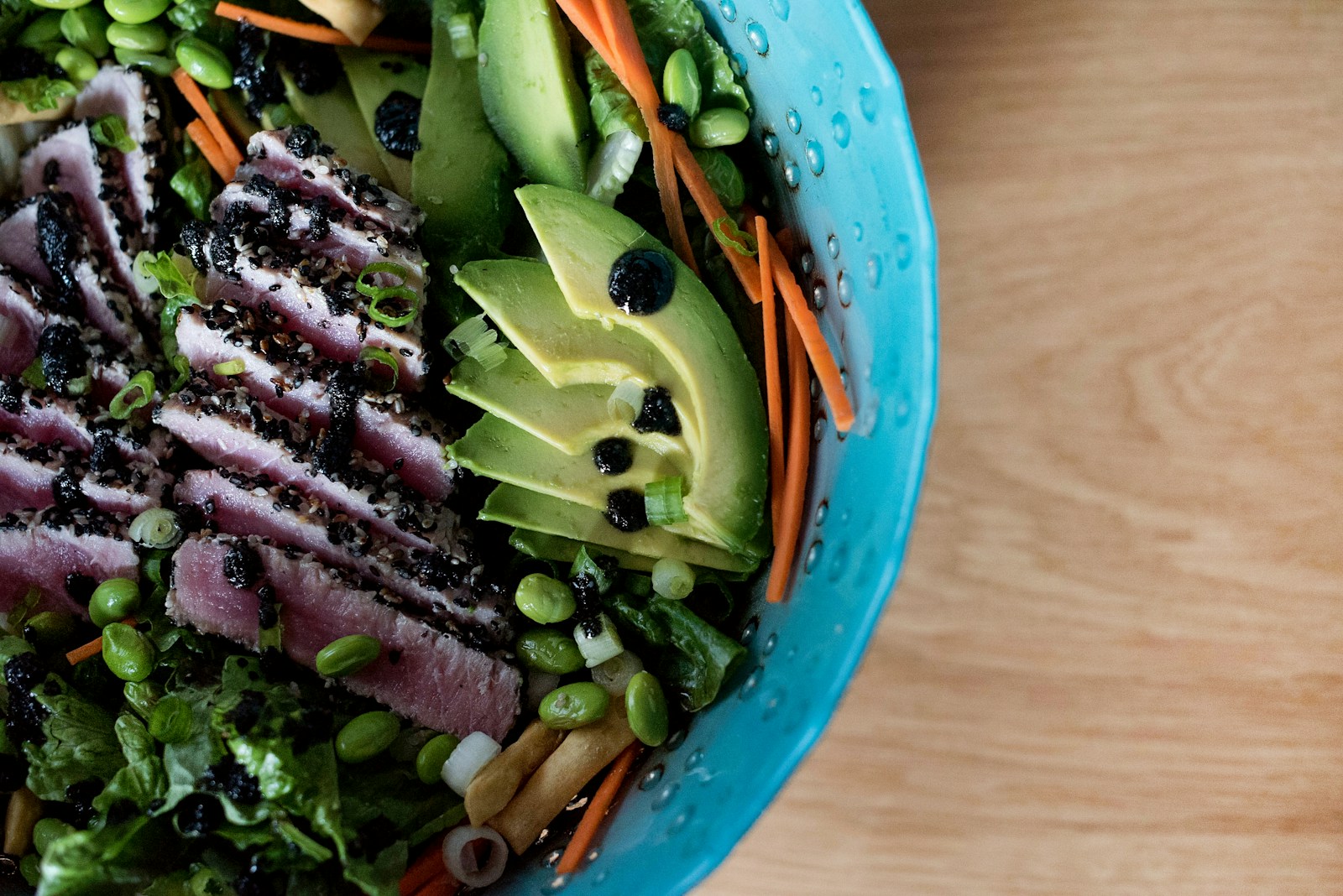The ketogenic, or keto, diet has surged in popularity due to its effectiveness in promoting weight loss and improving overall health. Typically, the keto diet involves high fat, moderate protein, and very low carbohydrate intake, which can sometimes pose a challenge for vegetarians who aim to stay plant-based while reaping the benefits of this low-carb lifestyle. However, with careful planning and creative meal prep, vegetarians can successfully follow a keto diet that aligns with their dietary preferences.
What is Vegetarian Keto?
Vegetarian keto is a fusion of vegetarianism and the traditional ketogenic diet. It’s designed for those who wish to avoid meat and fish while still reducing carbohydrate intake to achieve the metabolic state known as ketosis. In this state, the body switches from burning glucose (derived from carbs) for energy to burning fat, which can lead to weight loss and other health benefits like improved blood sugar control and increased mental clarity.
The primary challenge for vegetarians on keto is finding plant-based sources of fat and protein that do not include excessive carbohydrates. This rules out many staples of a typical vegetarian diet, such as grains and legumes, which are high in carbs. Instead, vegetarians on keto focus on low-carb vegetables, nuts, seeds, dairy (for lacto-vegetarians), and plant-based oils.
How Vegetarian Keto Works
The vegetarian keto diet works by limiting carbohydrate intake to about 20-50 grams per day, which is significantly lower than the average daily intake. Vegetarians on keto replace carbs with higher amounts of fat and moderate protein from vegetarian-friendly sources. Eating this way encourages the body to enter ketosis, where it becomes more efficient at burning fat for energy.
For vegetarians, the key to staying in ketosis is to source their fats and proteins from foods like avocados, cheese, eggs (for ovo-vegetarians), nuts, seeds, and oils, while keeping their carb count low.
Top 10 Vegetarian Keto Easy Recipes
- Zucchini Noodles with Avocado Pesto: Spiralized zucchini replaces traditional pasta for a low-carb, high-fat dish.
- Cauliflower Crust Pizza: Topped with cheese and your favorite low-carb vegetables for a comforting meal.
- Keto Caprese Omelette: Hearty eggs, fresh mozzarella, tomatoes, and basil make a perfect breakfast or brunch.
- Cheesy Broccoli Casserole: A satisfying side dish packed with gooey cheese and nutrient-rich broccoli.
- Almond Flour Pancakes: A low-carb breakfast favorite, topped with butter and keto-friendly sweetener.
- Eggplant Lasagna: Thinly sliced eggplant layers instead of noodles, with ricotta and marinara sauce.
- Avocado and Spinach Smoothie: A creamy blend of healthy fats and greens for a quick nutrient boost.
- Coconut Chia Pudding: A sweet treat made with chia seeds, coconut milk, and keto-friendly sweeteners.
- Stuffed Bell Peppers: Filled with cheese, nuts, and low-carb vegetables for a filling meal.
- Creamy Mushroom Soup: A rich and comforting soup made with heavy cream and mushrooms.
Vegetarian Keto Tips
- Plan Your Meals: Make a weekly meal plan to ensure you have the right balance of macros and avoid accidental carb overloads.
- Get Creative with Alternatives: Explore low-carb substitutes like cauliflower rice, almond flour, and nutritional yeast.
- Monitor Your Micronutrients: Pay attention to vitamins and minerals, considering a supplement if necessary, especially for B12 and iron.
- Stay Hydrated: Often overlooked, proper hydration is essential, especially during the initial stages of ketosis.
- Track Your Carbs: Use a food tracker app to keep an eye on your daily carb intake and stay within the ketosis range.
- Include High-Quality Fats: Prioritize healthy fats from sources like olive oil, nuts, and avocados to support overall health.
Vegetarian Keto Conclusions
Maintaining a vegetarian keto diet can be a rewarding yet challenging experience. It provides an opportunity for vegetarians to enjoy the benefits of a low-carb, high-fat lifestyle, such as weight loss and enhanced mental focus, without compromising their plant-based principles. By focusing on nutrient-dense, whole foods and being mindful of macros, vegetarians can thrive on a keto diet. With the right approach, vegetarian keto can be a sustainable and healthful way to achieve your wellness goals.






